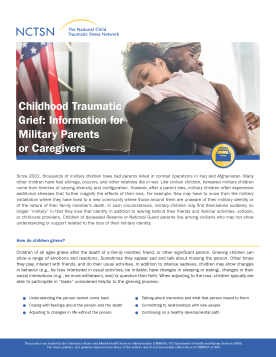
Childhood Traumatic Grief: Information for Military Parents or Caregivers
Provides information to military parents and caregivers on Childhood Traumatic Grief.
The following resources on child trauma were developed by the NCTSN. To find a specific topic or resource, enter keywords in the search box, or filter by resource type, trauma type, language, or audience.

Provides information to military parents and caregivers on Childhood Traumatic Grief.
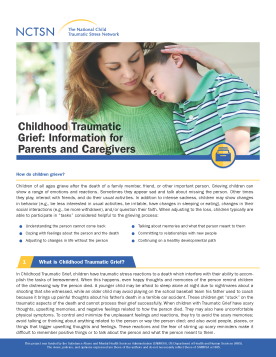
Provides information to parents and caregivers on Childhood Traumatic Grief.
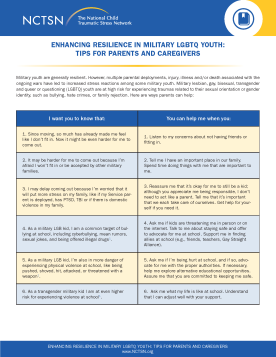
Offers information to parents and caregiver on how to help military children and adolescents who identify as LGBTQ deal with the many challenges they face. This tip sheet describes common thoughts or situations LGBTQ youth may have and how parents and caregivers may help.
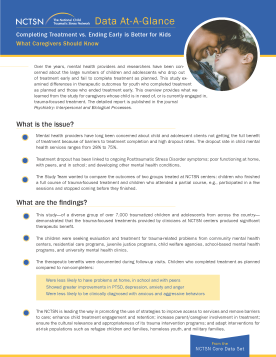
Offers parents and caregivers information about the importance of treatment completion.
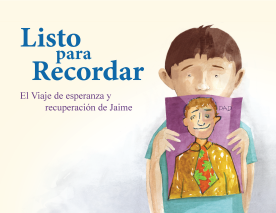
Este libro cuenta la historia de Jaime, un niño de 10 años, después de pasar por la trágica muerte de su padre. Jaime está experimentando una reacción traumática y está teniendo dificultades en la escuela y en la casa.

Brings to life the story of Jeremy, a 10-year-old boy, following the tragic death of his father. This video walks you through Jeremy's story and describes his journey as he and his family get help and are able to enjoy happy memories together. This story is read by Liliana Montenegro.

Brings to life the story of Rosie, a young girl who is struggling after the death of her mother. This video walks you through Rosie's story and illustrates how a parent can provide solace and support to a child after the death of a loved one.
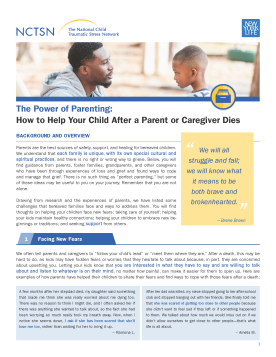
Offers guidance around helping children cope after the death of a loved one. Information is provided about how to face new fears in the context of bereavement, how grieving caregivers can take care of their own needs...
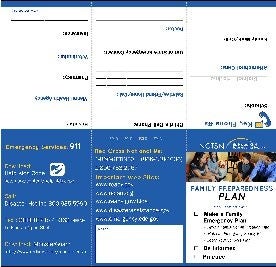
Allows families to list important telephone numbers and other information that could be useful in the case of an emergency. Each member of the family should carry these cards with them at all times in case an event occurs and all family members are not together.
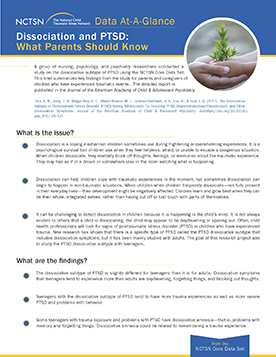
Provides parents with information about dissociation and PTSD.
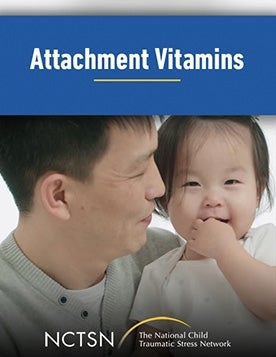
Helps learners support children and families through the early years of a child’s life and development.
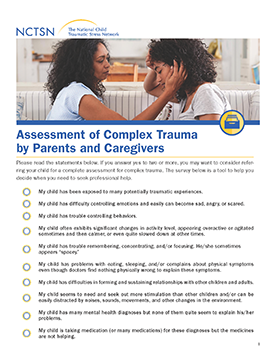
Offers parents and caregivers a brief checklist to use to determine if a complete assessment for complex trauma should be scheduled. This fact sheet will help parents and caregivers determine when to seek professional help.